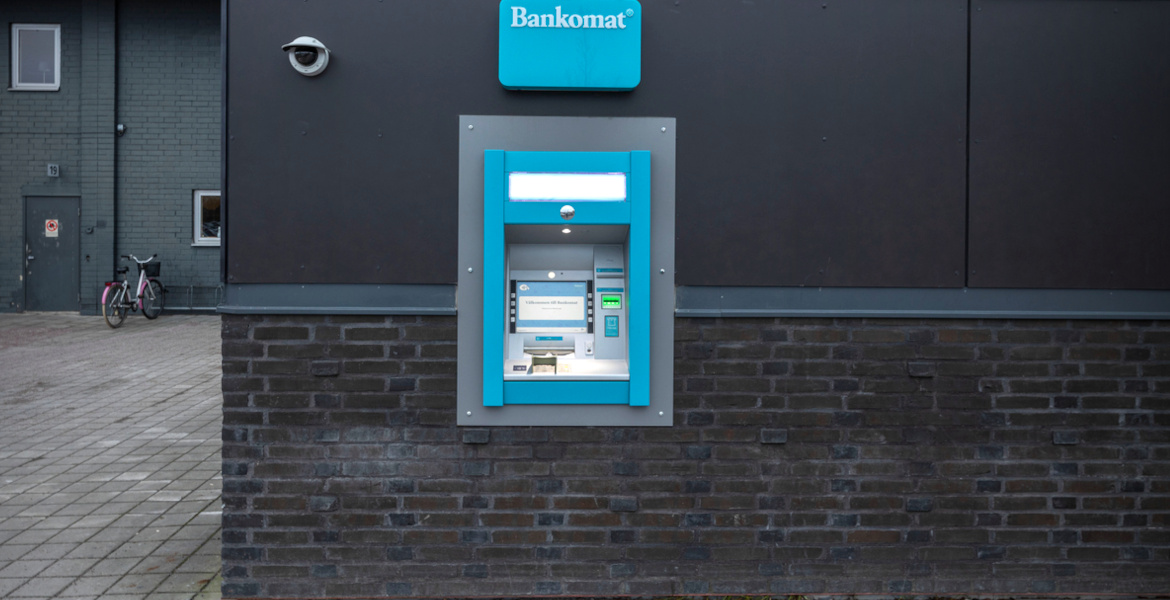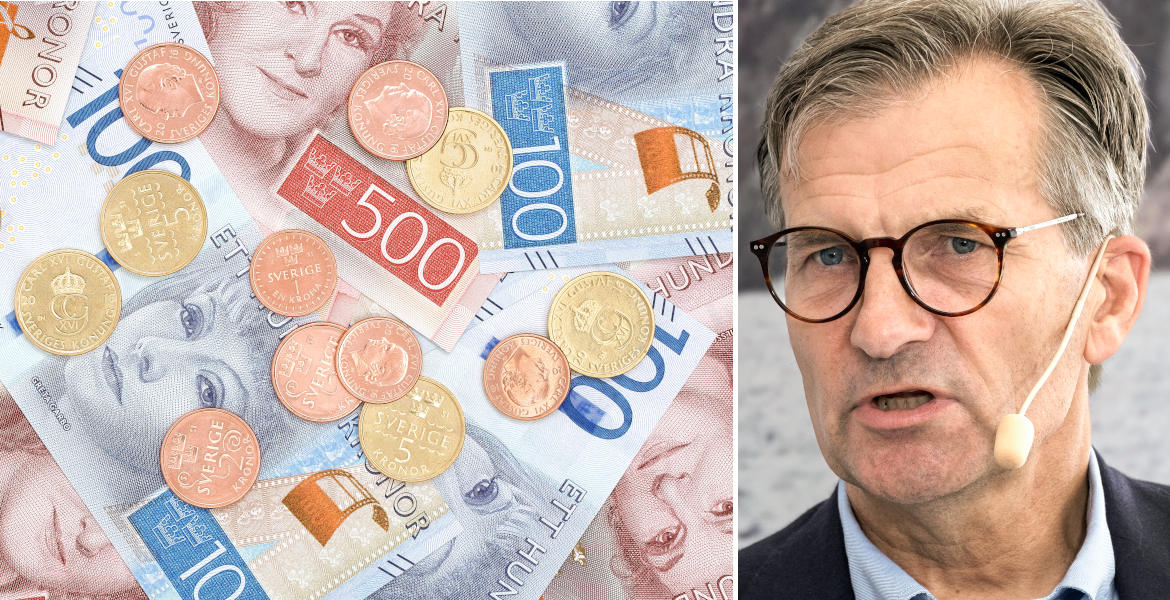Spaniards who want to withdraw €3,000 or more in cash can now only do so if they first notify the country’s tax authorities of their plans.
As usual, the new restrictions are justified by the need to fight organized crime, tax evasion and money laundering at all costs, and anyone wishing to make large cash withdrawals will need to notify the authority on its website, along with some form of electronic ID or digital certificate.
If a receipt from the tax authority cannot be presented, banks also have the right to stop citizens from withdrawing money. Banks are also obliged to report “suspicious transactions” to the tax authorities – including repeated withdrawals below the threshold.
For most people, applying for a cash withdrawal at least 24 hours in advance is sufficient – but those wishing to withdraw €100 000 or more must ask for the tax authorities’ approval at least three days before the withdrawal is to be made.
Anyone who fails to do so, or forgets to tell the authorities that they plan to use cash, will be fined up to 10% of the amount – or at least €600.
Same trend across the Western world
It is worth noting that Spain is far from alone in tightening cash controls – a similar trend can be seen across the Western world. Sweden is often held up as an international horror story, where physical money can no longer be used in many shops or to pay bills – and where people who make regular cash withdrawals risk having their accounts closed.
Anyone who wants to avoid the wrath of the Spanish authorities will have to be very careful in the future – and not just declare exactly how much they intend to withdraw and who they are – they will also have to explain in detail what they will use the money for.
Withdrawing smaller amounts of money, but at different times, is also very risky – even recurring withdrawals of a few hundred euros risk similar reprisals and penalties.
While there is a consensus that organized crime should be fought, critics warn that the Spanish legislation will hit ordinary citizens – and undermine their personal financial privacy, where they effectively have to ask permission to use their own money.







